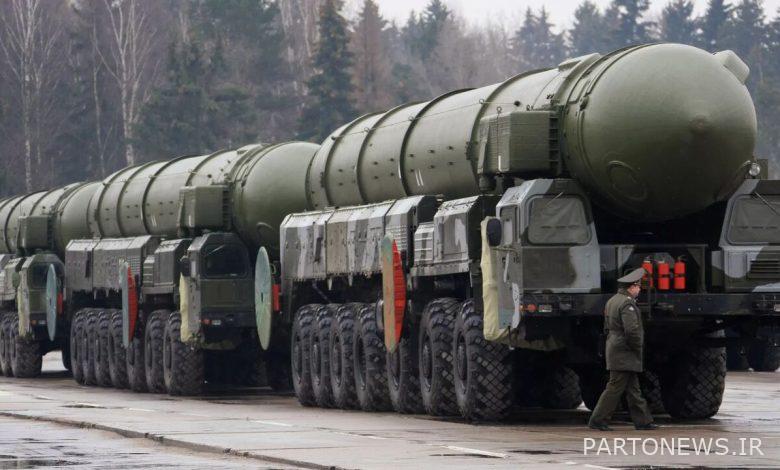The concern of the chairman of the NPT review conference about the arms race between America and Russia

According to IRNA from Sputnik news agency, “Gustavo Zlavinen”, the Argentinian secretary of the 10th Nuclear Non-Proliferation Treaty Review Conference, announced that without the renewal of the New Start Treaty between the United States and Russia, a new arms race may arise between the two superpowers.
The New Start Treaty to reduce bilateral nuclear weapons between the United States and Russia was signed on April 8, 2010 (April 19, 2009) in Prague, the capital of the Czech Republic, by the presidents of the two countries. According to this agreement, Moscow and Washington are allowed to deploy a maximum of 1,550 warheads, which is about 30 percent less than the limit imposed in 2002 (1380-81). Before New Start, the Strategic Arms Reduction Treaty known as “START” was concluded in 1991 (1369-70) and expired in December 2009.
These days, due to the military conflict between Moscow and Kiev in the Zaporizhia power plant in the southeast of Ukraine, concerns about a nuclear competition have been raised, and Zlavinen believes that the nuclear risk will increase without communication between the United States and Russia.
The Secretary of the Nuclear Non-Proliferation Treaty Review Conference pointed out that even at the height of tensions during the Cold War, if you look at the example of the Cuban Missile Crisis, there was always a communication channel between the two countries at the highest level. This Argentinian diplomat added that, for example, due to the conflict in Ukraine, communications at the highest level between Moscow and Washington and European capitals have been cut off.
He believes that the United States and Russia should be more responsible in pursuing talks about nuclear weapons control.
Under the NPT, the five nuclear powers Russia, the United States, the United Kingdom, France, and China agreed never to transfer their nuclear weapons to non-nuclear nations or share their technology. Despite its historical importance as a cornerstone of the global non-proliferation regime, the treaty has been criticized for failing to persuade nuclear-armed states to give up their arsenals or prevent non-nuclear-weapon states from developing nuclear weapons.
The third paragraph of this treaty suggests holding a review conference every 5 years. The 10th conference was planned for 2020, but it was postponed due to the Corona epidemic.

